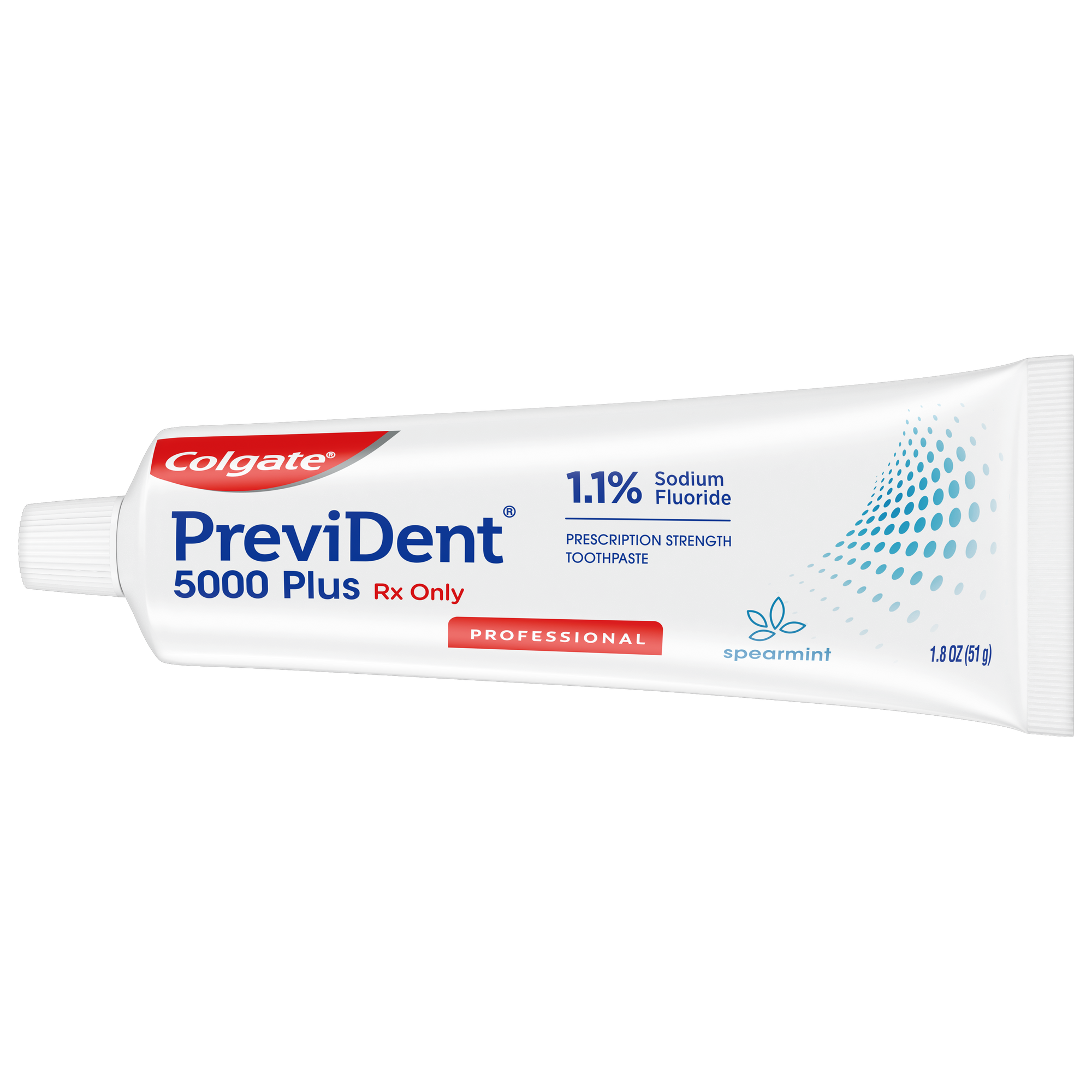Because of their aromatic and therapeutic qualities, essential oils are being used in medicine, holistic therapies, cosmetics, and even self-care treatments. But do essential oils work for a dry mouth?
Essential Oils for Treating Dry Mouth
Xerostomia is an oral condition known as dry mouth, where the salivary glands in your mouth don't produce enough saliva to keep your mouth moist. Dry mouth can be a side effect of some medications and treatments like chemotherapy and radiation. It can also be a sign of dehydration. Dry mouth can be uncomfortable and, if left untreated, it can lead to plaque buildup, tooth decay, and gum disease.
Grapeseed oil is often recommended as a treatment for dry mouth. Some people suggest rubbing a small amount inside the mouth to aid with moisture, while others make an oil wash (water and grapeseed oil mix). The mixture is then swirled around the mouth and through the teeth to help with lubrication. Remember to always consult with your dentist before trying any at-home remedies.
How effective Are Essential Oils?
There is ongoing research about the benefits and efficacy of essential oils in oral health. According to an article published by the Journal of International Society of Preventative & Community Dentistry, essential oils like lavender oil, eucalyptus, peppermint, and clove oil may prevent and treat oral disease. This is because of their therapeutic properties. Most essential oils have antibacterial, antifungal, and antioxidant qualities. Although ingredients like eucalyptus and peppermint can be found in oral hygiene products, further research is needed to determine how effective natural oils are in treating oral issues.
How to Treat Dry Mouth
While essential oils are still a questionable treatment for dry mouth, these self-care tips can alleviate dry mouth:
- Drink plenty of water
- Suck on ice cubes or ice lollies
- Chew sugar-free gum with xylitol
- Rinse with dry mouth alcohol-free mouthwash
- Avoid breathing through the mouth
- Use a humidifier to add moisture to the room
Essential oils are a great natural resource that is being used and studied in medicine and even dentistry. While the benefits of essential oils are apparent in skincare and holistic treatments, it's efficacy in oral health is still under research. If you have a dry mouth, don't hesitate to speak with your dentist. They will find the course and recommend a suitable treatment.
This article is intended to promote understanding of and knowledge about general oral health topics. It is not intended to be a substitute for professional advice, diagnosis or treatment. Always seek the advice of your dentist or other qualified healthcare provider with any questions you may have regarding a medical condition or treatment.
ORAL HEALTH QUIZ
What's behind your smile?
Take our Oral Health assessment to get the most from your oral care routine
ORAL HEALTH QUIZ
What's behind your smile?
Take our Oral Health assessment to get the most from your oral care routine







.jpeg)







